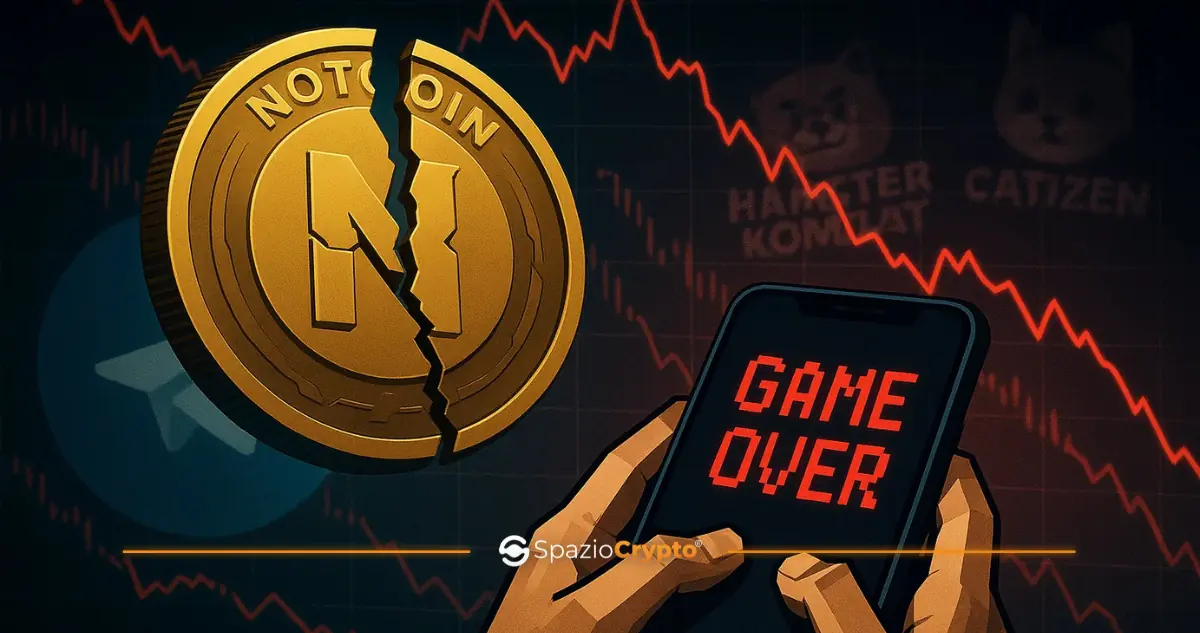Bitcoin is competing with gold as the main savings instrument. Since the beginning of the year, the gap between inflows into Bitcoin-based ETFs and gold-based ETFs has widened.
According to The Block, which cites analysts, the large inflows into Bitcoin-based ETFs could jeopardise gold's position as the main means of capital preservation in the long run.
Bitcoin ETFs record strong growth as demand increases, outpacing gold-based funds.
Demand for Bitcoin-based ETFs continues to grow. Including the Grayscale Bitcoin Trust (GBTC), assets under management by these funds exceeded 720,000 Bitcoins, worth $37.6 billion.
According to analysts' research, since the start of trading on the exchange on 11 January, investors who have purchased shares of Bitcoin-based ETFs have earned a total return of more than 18 per cent. By comparison, the price of Bitcoin has risen by less than 12 per cent over the same period. Inflows into Bitcoin ETFs, which were launched at the beginning of the year, totalled $4.5 billion, while investments in gold ETFs have been declining.
According to analyst firm Ryze Labs, outflows from the top 14 gold ETFs have reached $2.4 billion since the beginning of the year. In their view, this trend underscores Bitcoin's dual role both as a high-risk investment and as a reliable asset for capital preservation.
Outflows from gold ETFs and the Role of Bitcoin
Since the beginning of the year, there has been a significant outflow of investments from gold ETFs. Experts attribute this trend to the growing interest in Bitcoin, which is attracting the attention of investors as a digital alternative to gold. Investors, particularly millennials, see Bitcoin as a savings instrument similar to gold, but with more opportunities for flexibility and growth.
Current macroeconomic conditions, such as inflation and rising interest rates, are contributing to this shift: Bitcoin is perceived as a more volatile but promising asset in the long run, thus being attractive to some investors.
The gap between inflows into Bitcoin and gold exchange-traded funds is growing. The vast majority of new investments in cryptocurrency are directly related to the use of Bitcoin ETFs. According to Andre Dragosz, head of analytics at ETC Group, if this trend continues, "Bitcoin will replace gold as the primary asset for value preservation" over the long term.
Some Stats
According to analytics services, Bitcoin ETFs raised $331 million on 16 February, with a positive trend of inflows that has been maintained over the past 16 trading days. Among funds, those of management company BlackRock attracted the most capital last week: on 16 February alone, BlackRock's ETF raised $191 million. According to the official website, the asset volume of the Bitcoin ETFs managed by BlackRock is 119 thousand Bitcoins, worth $6 billion.
Although the market capitalisation of Bitcoin-based ETFs is about three times smaller than that of gold-related traded and investment products, Bitcoin ETFs could surpass gold ETFs in the next two years, thanks to the rise in the price of the main cryptocurrency, according to Andre Dragosz of ETC Group.








